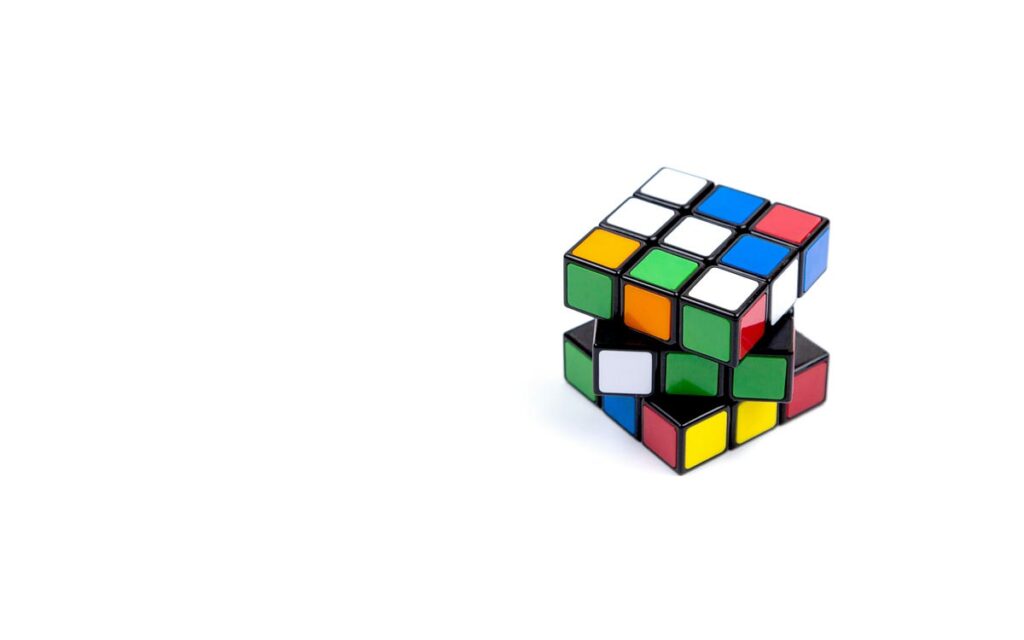Exploring Fuzzy Logic: A Game Changer in AI and Real-World Applications
Fuzzy logic is like the magic ingredient in the complex recipe that is artificial intelligence (AI). Unlike classical logic, which pigeonholes everything into neat categories of true or false, fuzzy logic cuts through the ambiguity of our everyday lives by embracing the nuances of uncertainty and imprecision. Imagine trying to describe a feeling that isn’t entirely happy or sad—fuzzy logic allows for those "in-between" states instead of forcing a binary answer.
What is Fuzzy Logic?
At its core, fuzzy logic extends traditional Boolean logic by introducing a spectrum where truth values can be anything from 0 (completely false) to 1 (completely true). But it doesn’t stop there; it allows for values in between, meaning a statement could be 0.7 true or 0.3 false. This flexibility makes fuzzy logic an invaluable tool for handling the complexities of human language and thought. The concept was introduced in the 1960s by Lotfi Zadeh, a professor at the University of California, who was on a quest to help machines better understand natural language—a challenge that is still very relevant today.
Advantages and Disadvantages
Advantages
- Real-World Applicability: Most situations we encounter are not black or white. Fuzzy logic allows systems to function more like human cognition, making it incredibly effective in the realms of control systems, robotics, and decision-making processes.
- Improved Interpretability: Algorithms embedded with fuzzy logic can often be more interpretable, meaning it’s easier for humans to grasp the reasoning behind decisions.
Disadvantages
- Complexity in Design: Designing fuzzy logic systems can be challenging, as it requires a deep understanding of the system’s environment and how to define fuzzy sets, which can be quite nuanced.
- Performance Issues: In some cases, fuzzy logic systems may not perform as efficiently as their crisp counterparts, particularly when dealing with large datasets.
Fuzzy Logic in Action
Let’s take a closer look at how fuzzy logic is making waves in everyday applications. Picture a smart thermostat in your home. Traditional systems might turn the heating on at a specific temperature, say 70°F. In contrast, a fuzzy logic thermostat might intelligently adjust heating based on "comfort" levels that consider various factors like room occupancy, time of day, and even individual preferences. For instance, if it’s 68°F, the system could decide it’s a bit chilly, activating the heat just enough to warm things up gradually without causing discomfort.
Similarly, take the automotive industry, where fuzzy logic helps in developing advanced driver-assistance systems (ADAS). These systems utilize fuzzy logic to interpret sensor data, allowing the car to make decisions, such as when to brake or accelerate in traffic, based on variable factors like weather conditions, traffic density, and distance to other vehicles.
The Unique Perspective of Fuzzy Logic
As someone who dives deep into the AI space, I find fuzzy logic fascinating not just for its technical capabilities but for its philosophical implications. It represents a departure from the classical mindset of absolutes and drives home the idea that life—and logic—often exists in a realm of shades and gradations. This paradigm shift can lead to breakthroughs in how we develop AI systems that feel more intuitive and responsive to human needs.
Conclusion
Fuzzy logic has undeniably opened new doors for the field of artificial intelligence, bringing about more sophisticated and adaptable systems that align closely with real-world applications and human emotions. As we continue to explore these innovative methodologies, the boundaries of what AI can accomplish continue to expand.
The AI Buzz Hub team is excited to see where these breakthroughs take us. Want to stay in the loop on all things AI? Subscribe to our newsletter or share this article with your fellow enthusiasts!




